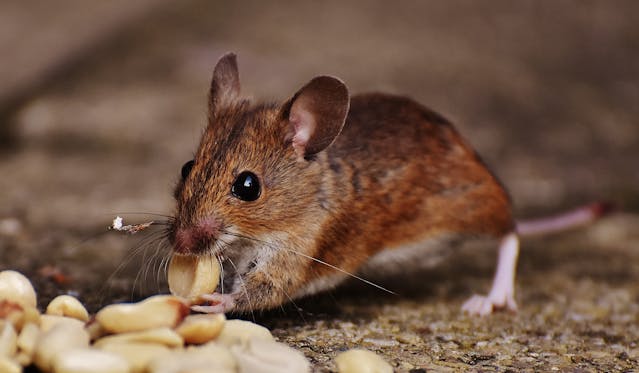Rats are often more than just unwanted pests in our surroundings. They pose serious health risks by carrying several diseases that can affect humans. Because rats inhabit many regions worldwide, it is important to be aware of the diseases they can spread and their potential impact on our health. This post will cover the most common diseases rats carry, how they are transmitted, and what you can do to protect yourself and your family.

Hantavirus
How Hantavirus Spreads
Hantavirus is a severe disease spread by rats. You can catch it by breathing in dust containing rat urine or droppings. Handling rats or their nests is also risky. This virus can cause severe lung problems, highlighting the importance of caution when dealing with rat infestations.
Symptoms and Prevention
Symptoms include fever, muscle aches, and tiredness. As the disease worsens, it can cause breathing difficulties. To prevent infection, keep living areas clean and free from rat nests. Good hygiene and using protective gear when cleaning areas with rat activity can help reduce the risk.
Leptospirosis
What is Leptospirosis?
Leptospirosis is another disease rats often carry. It is caused by bacteria found in rat urine, which can contaminate water sources like ponds or streams. People can become infected through contact with contaminated water or soil.
Symptoms and Safety Measures
Symptoms include high fever, muscle pain, and headaches. In severe cases, it can lead to kidney or liver damage. To prevent leptospirosis, avoid swimming or wading in potentially contaminated water and ensure cuts or wounds are covered in such areas.
Salmonellosis
Transmission Through Food
Salmonellosis is a bacterial infection that spreads through food or water contaminated with rat feces. This disease is particularly concerning because it can easily contaminate food supplies at home or in restaurants.
Recognizing and Avoiding Infection
Symptoms include diarrhea, stomach cramps, and fever. To avoid salmonellosis, practice good food hygiene, such as washing hands before handling food and ensuring food is stored and prepared in clean conditions.
Rat-Bite Fever
Transmission and Symptoms
Rat-Bite Fever occurs after being bitten or scratched by a rat. It can also spread through contact with surfaces contaminated by rat saliva. Symptoms appear within a few days to two weeks, including fever, vomiting, headache, and muscle pain. A rash may develop, often on hands and feet.
Guarding Against Rat-Borne Diseases: Essential Prevention and Control Strategies
Rats carry several diseases that pose serious health threats. Being aware of the common diseases they spread, such as hantavirus, leptospirosis, salmonellosis, and rat-bite fever, is crucial for your safety. Understanding how these diseases are transmitted and taking preventive measures can significantly reduce the risks associated with rat infestations. Maintain clean living spaces, practice good hygiene, and be mindful of potential contamination sources to help ensure a safe and healthy environment.Protect your health and home from rat-related diseases with Mindful Pest Control & Property Solutions. Our expert rat control in Horry and Georgetown, SC ensures a safer environment for you and your loved ones. Contact us today for peace of mind.





